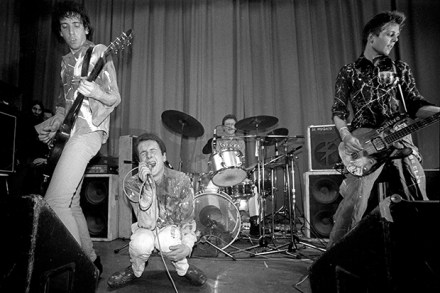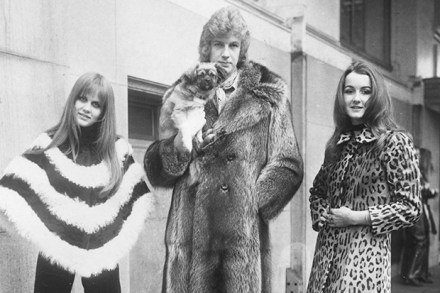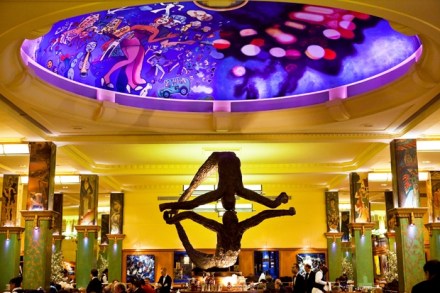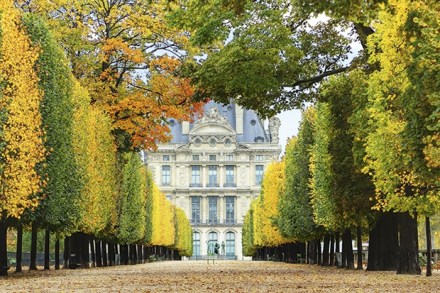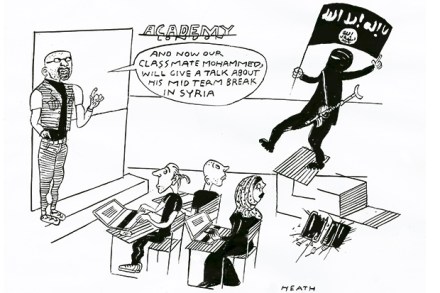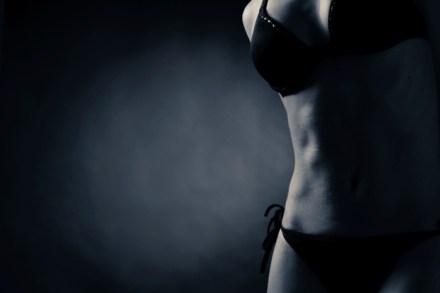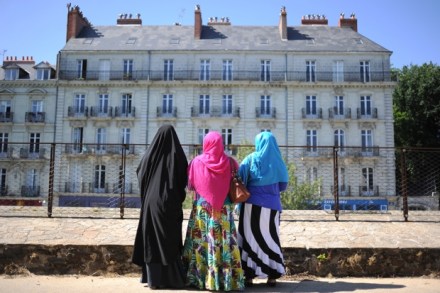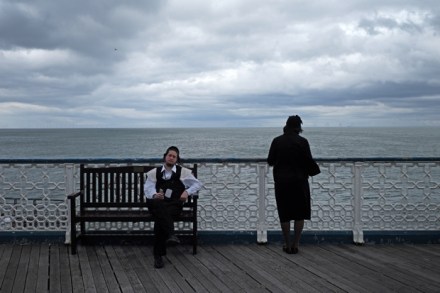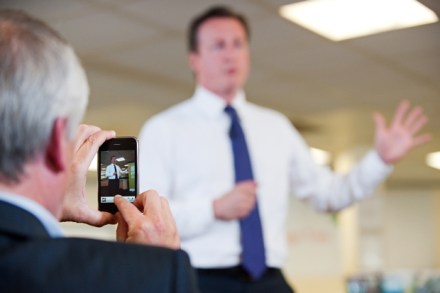‘An attack on all of humanity’: politicians condemn Paris massacre
At least 40 people are reported dead in tonight’s attacks in Paris, with French forces trying to release hostages who are still being held. President Hollande has declared a national state of emergency and closed the country’s borders, saying ‘terrorist attacks of an unprecedented scale’ were taking place and that ‘it is a horror’. Politicians from around the world have condemned the attacks. President Obama gave a statement this evening, describing the shootings and explosion as ‘an attack on all of humanity and the universal values we share’. He said the attacks were an ‘outrageous attempt to terrorise innocent civilians’ and that America stood ‘prepared and ready to provide whatever





